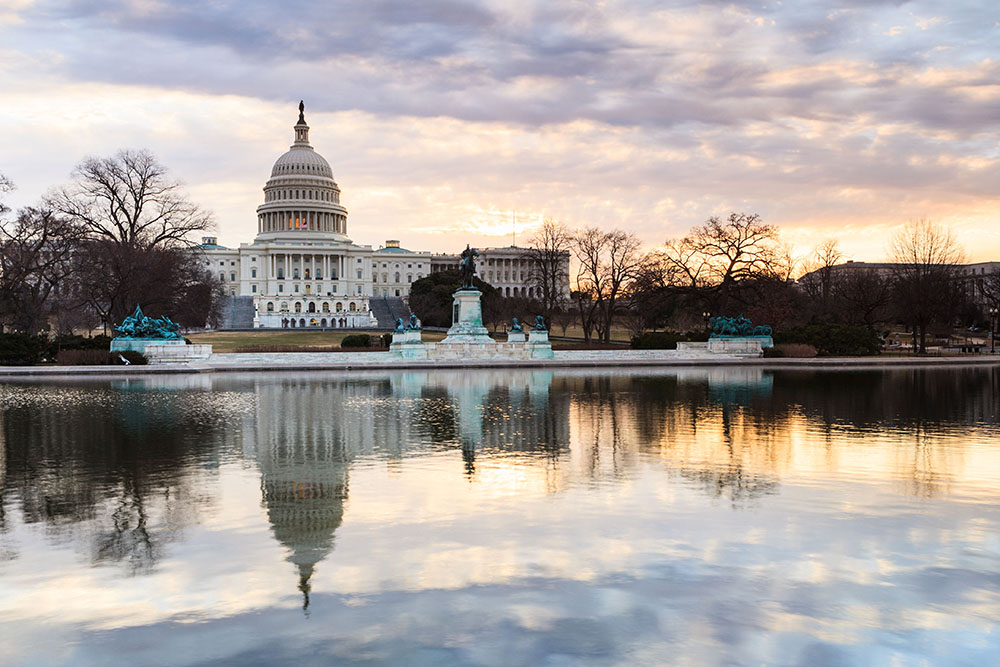
The Fiscal Responsibility Act of 2023, passed by the U.S. House of Representatives last night, demonstrates the untenable position that extremists in Congress have provoked in order to avoid a fiscal catastrophe. Failing to raise the “debt ceiling” would pose hardship for all Americans, and particularly the most vulnerable as always. The resulting compromises have real world repercussions. Those include perpetuating reliance on fossil fuels, putting water resources at risk, and foregoing opportunities to protect public health and the environment to meet 21st century challenges. .
The budget caps for the next two fiscal years are a lost opportunity to live up to Biden administration commitments around numerous environmental and public health goals, including addressing disproportionate impact on people of color and low-income communities and implementing the President’s executive orders around environmental justice. The Environmental Protection Agency (EPA) will have less resources to further reduce the number of drinking water systems out of compliance with health-based standards and less funding for modernizing aging water infrastructure. Without new investment in water pollution programs, EPA can’t ramp up activity to keep PFAS chemicals out of drinking water sources and to crack down on other toxic water pollution. These lost opportunities in putting our nation’s drinking water and water pollution programs to work mean less public health protection and less progress in keeping pollution out of our rivers, lakes, and streams.
For decades, polluters have sought to weaken the National Environmental Policy Act (NEPA), which requires federal agencies to evaluate environmental impacts of major projects prior to approval. The Fiscal Responsibility Act includes arbitrary timelines that would require even the most complicated reviews to be completed in less than two years. This will limit appropriate analysis of the environmental impacts of major projects and make it harder for impacted communities to have a voice in major project decisions. For example, the bill’s provisions could short-circuit NEPA review and force a permitting decision for the Enbridge Energy proposal to build an oil tunnel through the Great Lakes for the Line 5 oil pipeline., Curtailing review of risks to impacted communities and Great Lakes for a pipeline plagued by a history of spills is not “streamlining,” but rather undermining NEPA’s intent.
The bill also expedites approval and completion of the controversial Mountain Valley Pipeline, a gas pipeline opposed by residents of West Virginia and Virginia. Mandating permit approvals is a blatantly political act that puts already overburdened Appalachian communities at risk while perpetuating reliance on fossil fuels.
Because of extremist demands in the face of economic calamity, the American people are the hostages. The most at-risk communities will bear additional pollution burdens. The most vulnerable people will suffer needlessly, and we will forgo investments in a cleaner and healthier future. These setbacks highlight the need to elevate the importance of protecting public health and the environment, and lessening burdens on over-burdened people and communities. One immediate step will be to oppose any further erosion in health and environmental protections, for example by means of pro-polluter “poison pill” riders and amendments in the upcoming Congressional appropriations process.
###
Since our founding during the campaign to pass the landmark Clean Water Act in 1972, Clean Water Action has worked to win strong health and environmental protections by bringing issue expertise, solution-oriented thinking and people power to the table. Learn more at www.cleanwater.org.